
How do I become a Spotter Catcher in Melbourne?
Get qualified to work as a Spotter Catcher with a course recognised across Australia. Speak to a training provider to learn more.
Course providers in Melbourne
The following providers offer Spotter Catcher courses in Melbourne, Victoria.
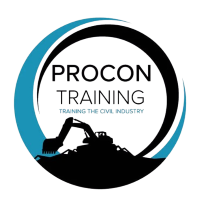

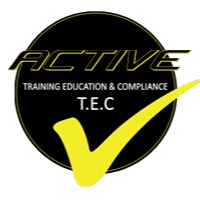



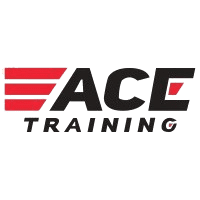
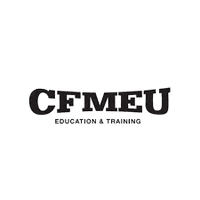



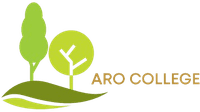
Common questions
In Australia, a full time Spotter Catcher generally earns $1,050 per week ($54,600 annual salary) before tax. This is a median figure for full-time employees and should be considered a guide only. As you gain more experience you can expect a potentially higher salary than people who are new to the industry.
 Courses.com.au Team
Courses.com.au Team
The number of people working in this field has dropped slightly over the last five years. There are currently 4,200 people employed in this industry and many of them specialise as a Spotter Catcher. Spotter Catchers may find work across all regions of Australia.
Source: Australian Government Labour Market Insights
 Courses.com.au Team
Courses.com.au Team
If you’re interested in working as a Spotter Catcher, consider enrolling in a Certificate III in Conservation and Land Management. You’ll learn more about biodiversity and restoration work and gain practical skills in this field. You could also consider a Certificate III in Marine Habitat Conservation and Restoration.
 Courses.com.au Team
Courses.com.au Team
Related career opportunities
Browse occupations related to Spotter Catcher
Further reading


Careers for people who love the outdoors
14th September 2021
5 Fun Career Paths that pay well
15th June 2021All spotter catcher courses
Spotter Catcher careers
Explore a range of Spotter Catcher courses in Melbourne designed for those seeking to start their career in environmental conservation. This vibrant city offers essential training that will enable you to meet the increasing demand for qualified professionals in this field. With two beginner courses available, including the Course in Workplace Spotting for Service Assets 22597VIC and the Certificate III in Conservation and Ecosystem Management (Ecological Restoration) AHC31424, you can gain the foundational skills needed for effective spotter catcher roles.
Training providers in Melbourne, such as Interlink Training, are recognised for delivering quality education that meets industry standards. These organisations focus on hands-on experience and theoretical knowledge, ensuring that you are well-prepared for your future career. By enrolling in one of the Spotter Catcher courses in Melbourne, you will not only enhance your employability but also contribute significantly to environmental sustainability in the local area.
The Spotter Catcher profession links to various fields of study, including Environment and Sustainability courses, Conservation and Land Management, and Marine Conservation. By pursuing a career in this essential sector, you can engage with crucial initiatives aimed at protecting Melbourne's unique ecosystems. Don't miss the opportunity to embark on a rewarding journey with the multiple Spotter Catcher courses in Melbourne available today!
